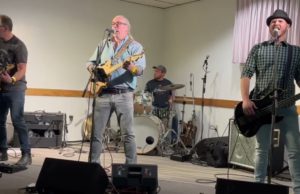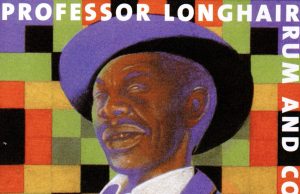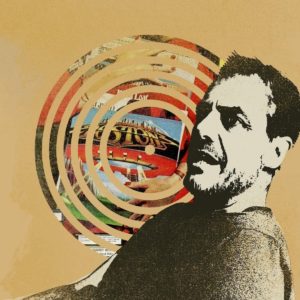 I don’t know what possessed me to buy it, really. The Live Adventures of Mike Bloomfield and Al Kooper (1969) is a followup to the studio album they made a few months earlier, called Super Session (1969). The difference is this one is a double, and recorded live over three dates at Bill Graham’s Fillmore West. I don’t care for that Super Session LP. I’ve had stereo and quad pressings of it, but no matter how many speakers you use, it’s basically boring. Bloomfield is only on Side 1, because he wound up in hospital due to insomnia. Stephen Stills is the guitarist on Side 2.
I don’t know what possessed me to buy it, really. The Live Adventures of Mike Bloomfield and Al Kooper (1969) is a followup to the studio album they made a few months earlier, called Super Session (1969). The difference is this one is a double, and recorded live over three dates at Bill Graham’s Fillmore West. I don’t care for that Super Session LP. I’ve had stereo and quad pressings of it, but no matter how many speakers you use, it’s basically boring. Bloomfield is only on Side 1, because he wound up in hospital due to insomnia. Stephen Stills is the guitarist on Side 2.
I guess I bought the live album thinking it might be a cool resale candidate. But as soon as I listened for the first time, I was positively transfixed. It is incredible — raw and genuine. The flubs, mistakes, speedups and slowdowns are left in because they only accentuate the excitement. You can tell everyone is totally into what they’re playing — especially the drummer, Skip Prokop.
Wait, what? Skip Prokop from Toronto? The drummer/bandleader of Lighthouse? What’s he doing there? I had no idea, but he’s absolutely superb on this album. I decided to find out.
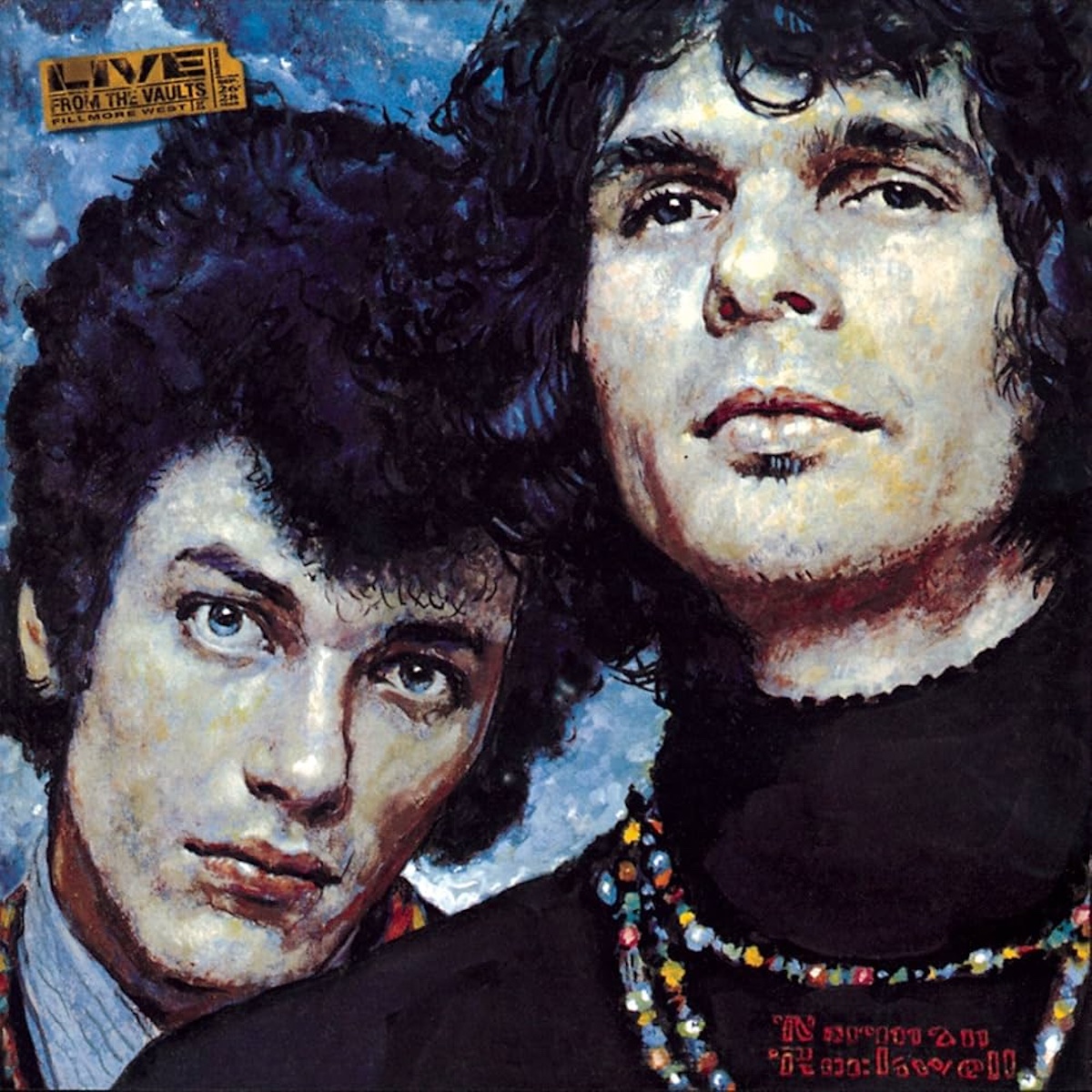
In the late ’60s, Prokop led Canadian psychedelic pop group The Paupers. They started off as a rootsy folk/pop outfit like The Guess Who or The Lovin’ Spoonful, and put out a few singles in 1965. They famously took to rehearsing 14 hours a day and got tight. The Paupers made enough of an impression to be picked up by Bob Dylan’s manager Albert Grossman. Their debut album, Magic People (1967), released on Verve, was enough of a hit that the group was invited to play the Monterey Pop Festival. This huge opportunity was a shitshow, despite two weeks of rehearsal. Grossmann hyped the hell out of the band, calling them the next Beatles. Even David Crosby — who introduced the band at Monterey — told the crowd of 30,000 that they were the best band he’d ever heard.
It did not go well. Bass player Denny Gerrard — among the best players around at the time — was off. He was said to have taken some acid just before hitting the stage, and there certainly was some bad stuff circulating. And the performance was marred by equipment issues — particularly the guitar amp of Chuck Beal. In short: They blew it. The worst time to have a bad gig. In the aftermath, Grossman encouraged Prokop to split from The Paupers and make a name for himself. He helped connect him to sessions with the future opening act at Woodstock, Richie Havens. Prokop is all over Havens’ 1968 double album. At the behest of Grossman, Prokop was tasked with putting together a new backing band for Janis Joplin after she split from Big Brother & The Holding Company. These sessions, featuring Prokop and some of the members of The Paupers, are a bit of a mystery and remain unreleased. And then, there was the Bloomfield-Kooper gig at the Fillmore, recorded Sept. 26, 27 and 28.
Grossman wasn’t the only one who helped make this happen. Prokop, a multi-instrumentalist and vocalist in his own right, had already forged a relationship with Kooper before the Fillmore gig. Kooper even plays keys on The Paupers’ second and final album Ellis Island, recorded in the spring and summer of 1968. But the two seemed to drift apart afterward. Further Bloomfield-Kooper gigs at New York’s Fillmore East featured an entirely different backing group — and no Prokop.
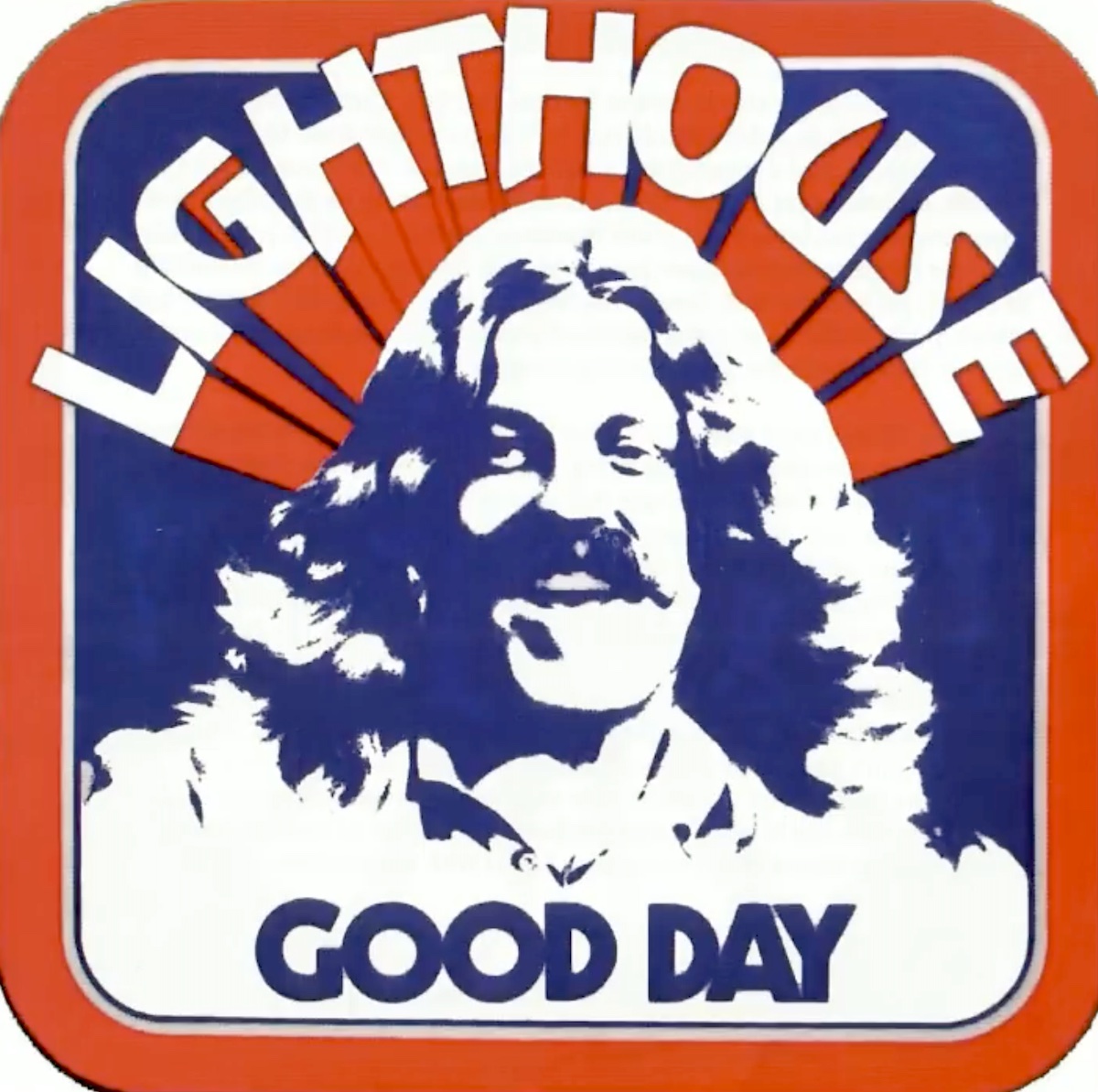
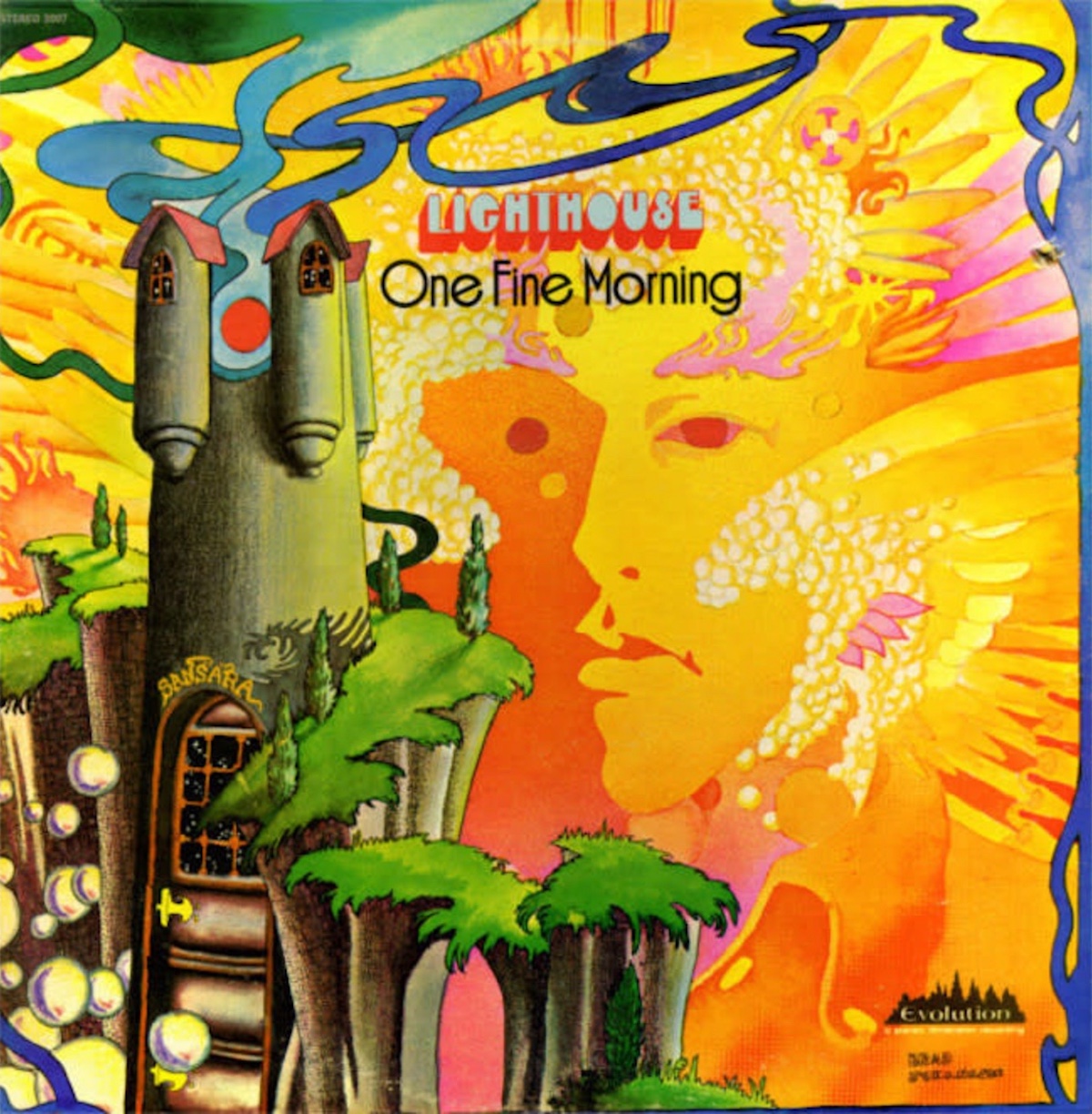
Instead, Prokop went back to Canada to put a new band together. He met keyboardist Paul Hoffert on a flight from New York to Toronto and the two men got talking about their mutual desire to start a band that had a rock rhythm section — but augmented by jazz horns and classical strings. They got a bunch of friends and session players together and formed the first 13-member lineup of Lighthouse. Their first gig was at The Rock Pile (Masonic Temple / Concert Hall) in Toronto on May 14, 1969. There are some obvious similarities between Lighthouse and the band Kooper formed in 1967, Blood Sweat & Tears. Kooper’s core group was eight musicians with more than a dozen additional musicians. By the time Lighthouse got together, Kooper had already been ejected from his own band due to creative differences. Another Canadian, David Clayton-Thomas, was chosen to be BS&T’s the new lead vocalist, and would go on to write hits like Spinning Wheel.
Like them, Lighthouse issued a couple of albums before they found success. The first two LPs and singles sold well in Canada, but the title track from their third album One Fine Morning (1971), ended up being a hit. They had another smash in 1972 with Sunny Days.
Prokop died Aug. 30, 2017. Today — Dec. 13, 2024, would have been his 81st birthday. The Live Adventures of Mike Bloomfield and Al Kooper is on Spotify, and I encourage you to give it a listen. You’re going to hear some very cool arrangements, slick chops and a drummer whose excitement cuts through over and over again. Prokop’s playing embodies the joy of music.
I put together a playlist of a bunch of his shining moments.
• • •
Area Resident is an Ottawa-based journalist, recording artist, music collector and re-seller. Hear (and buy) his music on Bandcamp, email him HERE, follow him on Instagram and check him out on Discogs.





































